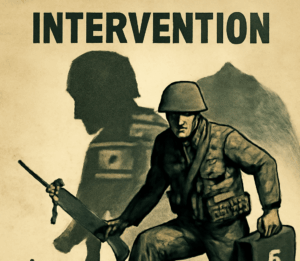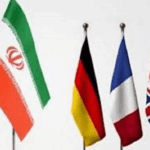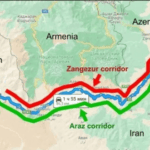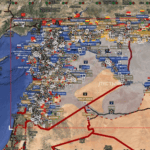The new administrative capital, the Nile crisis, giant military corporations — even today, Egypt’s pivotal projects bear the imprint of July 1952. We examine how the revolution’s legacy became the state’s "genetic code."
The Army as the Foundation of the State
On July 23, 1952, a military group led by Gamal Abdel Nasser overthrew the monarchy, forever changing Egypt.Today, 70 years later, the army remains the backbone of the state - and will maintain this role at least until 2030.
The military controls security, politics, and even the economy: through entities like the Engineering Corps and the Arab Organization for Industrialization, they implement megaprojects - from the New Administrative Capital to energy projects. However, this raises questions: where are the boundaries between the army and business? Can the private sector compete with military corporations?
Centralization and Its Cost
The revolution created a rigid power structure, and even today Cairo remains the sole decision-making center. Decentralization attempts haven't changed the situation yet: regions still feel cut off from resources and investments.
The public sector, which expanded after 1952, became another problem. Bureaucracy and the "guaranteed job" culture hinder reforms, although the "Egypt 2030" strategy bets on the private sector.
Nationalism and Regional Leadership
The revolution strengthened Egyptian identity, and it remains an important unifying factor in the face of social and economic challenges.But the main question remains: Will Egypt be able to maintain its role as the leader of the Arab world?
Thanks to Nasser, the country became a symbol of Arab unity. Today Cairo remains indispensable in key issues:
Red Sea security (including the conflict with Ethiopia over the Renaissance Dam);
Palestinian settlement (Egypt is the main mediator between Israel and Hamas);
Stability of Libya and Sudan (areas of Cairo's direct interests).
However, competition with Turkey and Qatar, as well as internal economic problems, limit Egypt's influence.
The Main Challenge - The Economy
The revolution promised social justice, but today the economy is the most vulnerable point. Subsidies, public debt and unemployment require urgent reforms. The success of "Vision 2030" will depend on whether it can:
Reduce bureaucracy;
Reduce the state's role in the economy;
Attract private investment.
If this doesn't happen, social stability will be at risk.
What Awaits Egypt by 2030?
The legacy of July 23 is not history but reality. The country faces a choice:
Army or market? Does it need further militarization of the economy?
Centralization or regional development? How to overcome the imbalance between Cairo and the provinces?
Past or future? Can Nasser's legacy be preserved while adapting it to new challenges?
The answers to these questions will determine whether Egypt can maintain stability and influence in the Arab world by 2030.
"The legacy of July will remain, but the future requires the courage to adapt," the report states. The question remains: will Egypt have this courage?
Happy holiday, Egypt!
All Russia


















